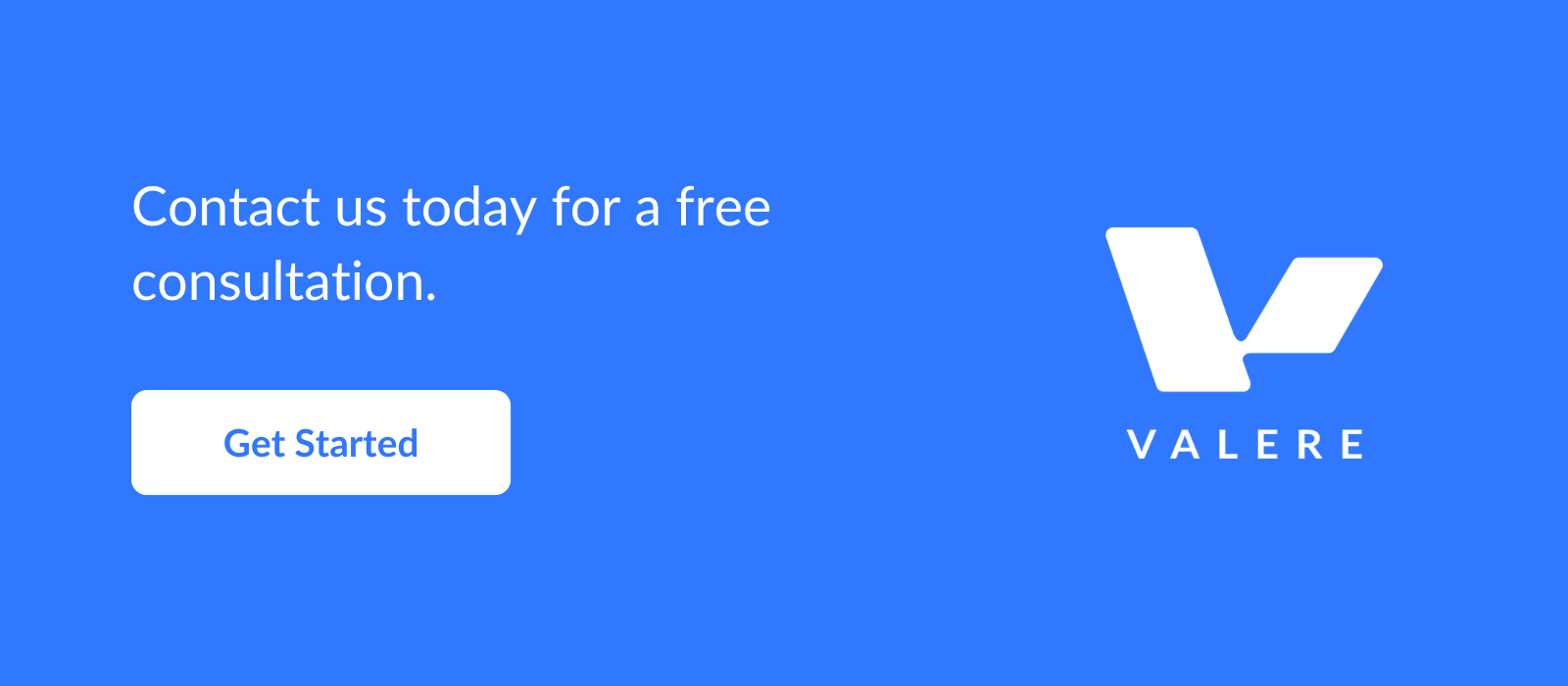Let’s cut to the chase. AI isn’t science fiction anymore. It’s here, and it’s transforming everything. From how we consume content to how governments make crucial decisions but, for enterprise companies, the most significant battleground for AI isn’t just in sales or marketing; it’s in governance.

On this page
1. AI in Governance: Efficiency That’s Up for Grabs
2. 24/7 Access: The Magic of AI Chatbots
3. Smart Cities: Where AI Meets the Real World
4. Ethics and Accountability. The Elephant in the Room
5. International Cooperation, It’s No Longer Optional
The Future Is Now, But Only If You Take Action
Governments are adopting AI like companies once embraced cloud computing—cautiously but aggressively. For enterprises, this represents a treasure trove of opportunities, especially in SaaS, automation, and consultancy.
The keyword here is efficiency.
Let’s Talk Real Numbers - AI systems can process bureaucratic paperwork (think tax filings, license renewals, etc.) faster and more accurately than any human team. If your business can offer solutions that automate tedious tasks for governments, you’re in the game. But here’s the twist: don’t just focus on doing things faster. Focus on reducing error rates and improving transparency. This wins trust and long-term contracts.
Key takeaway: Pitch your AI solutions as tools that reduce friction and waste, making governments more efficient while saving taxpayers’ dollars.

You know what people hate? Waiting on hold or being bounced between departments. The government is no exception. AI chatbots provide instant, always-on customer service for citizens navigating complex systems like tax filings, welfare eligibility, or business permits. This is where your enterprise comes in.
How can you win big? By creating AI systems that are easy to implement and even easier to use. These chatbots and virtual assistants can guide citizens through confusing procedures—no more headaches over permits, grants, or applications. Plus, these systems can escalate complex queries to the right departments when necessary, meaning fewer bottlenecks and more productivity.
For example, take what you’ve already done in e-commerce or banking and adapt it. Your next big win could be selling a chatbot that helps users apply for driving licenses or renew permits without human intervention.
Key takeaway: Build solutions that eliminate bureaucracy and make interactions with governments faster, more reliable, and less annoying.

This one’s huge, and we’re not talking years from now. It’s happening now. AI is already running traffic systems, waste management, and energy grids in smart cities like Singapore and Amsterdam. As enterprises, this is your opportunity to build partnerships with cities and governments to integrate AI solutions at scale.
Big Opportunity in Transportation & Energy:
Key takeaway: The smart city revolution is already happening. Be the enterprise company that helps governments optimize resources and save millions while improving the daily lives of citizens.

AI’s growth isn’t just about power and speed. There are serious ethical issues around surveillance, privacy, and bias. As an enterprise, you need to think beyond what’s technically possible. You must ask yourself: What’s ethical?
The Enterprise Play - Develop AI tools that are not only efficient but also fair and transparent. This is your chance to show governments that you’re not just here to sell products but to help them navigate complex ethical challenges. Build AI systems with built-in fairness, transparency, and bias mitigation mechanisms.
Key takeaway: Pitch ethics and accountability as core pillars of your AI offerings. You’ll stand out from competitors and earn trust, which, in the world of government contracts, is priceless.

If you want to play in the big leagues of AI governance, you need to think globally. AI crosses borders, and so should your business strategy. Governments are looking for international standards in AI.Especially in data governance, ethics, and cross-border collaboration.
But what does this mean for you? It’s time to get involved in creating the standards that everyone will use. Partner with international bodies or lead industry initiatives that shape how AI gets regulated across borders. If your company becomes the trusted name in compliant AI, you’ll be first in line for the biggest global contracts.
Key takeaway: Don’t just sell products. Be part of shaping the future of AI governance at a global level. Lead the conversation on international standards.

The integration of AI into governance is going to reshape entire economies. You have two options: sit back and watch, or be the company that seizes the opportunity and shapes the future.
Which are you going to choose?
For enterprises, this isn’t about minor improvements. It’s about transformative, high-stakes change. Governments need AI.Whether they’re ready for it or not, and they’re going to look to companies like yours to guide them through the challenges ahead.
Final takeaway: Focus on building AI solutions that are scalable, ethical, and globally compliant. The future is here, and it’s full of opportunities for those who are bold enough to step up.
(Now, go out there, be proactive, and start shaping the AI future before someone else does.)

Share